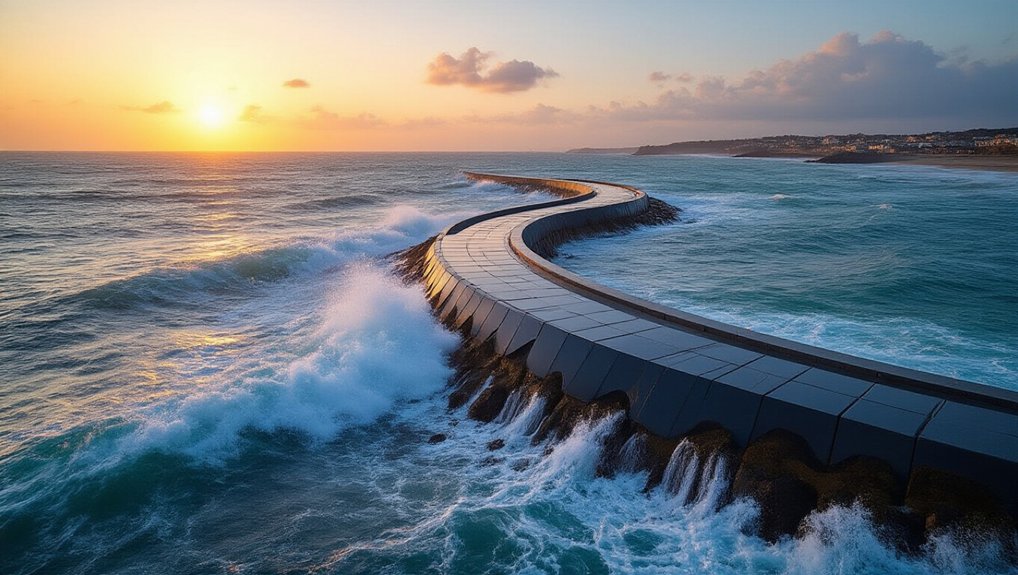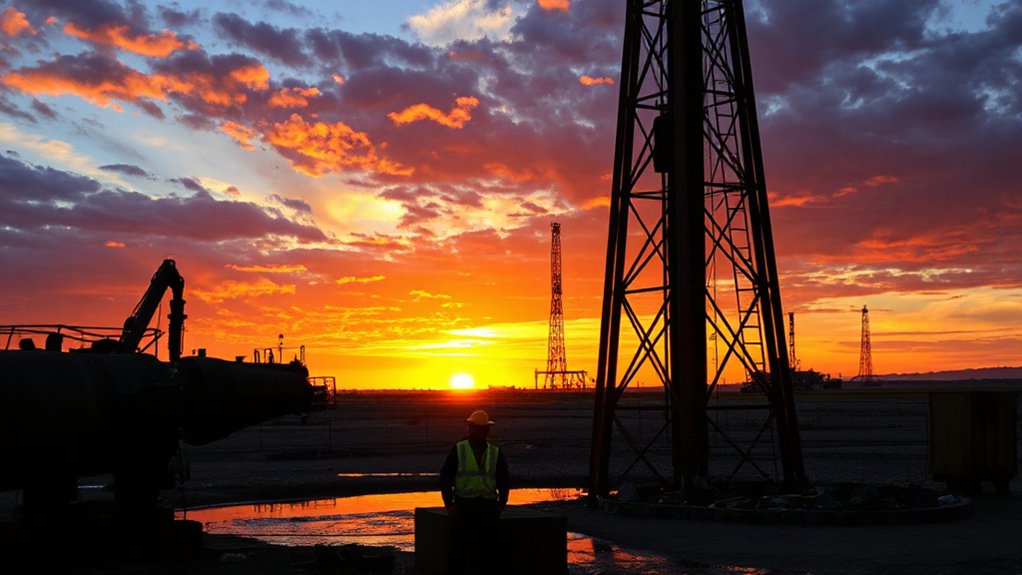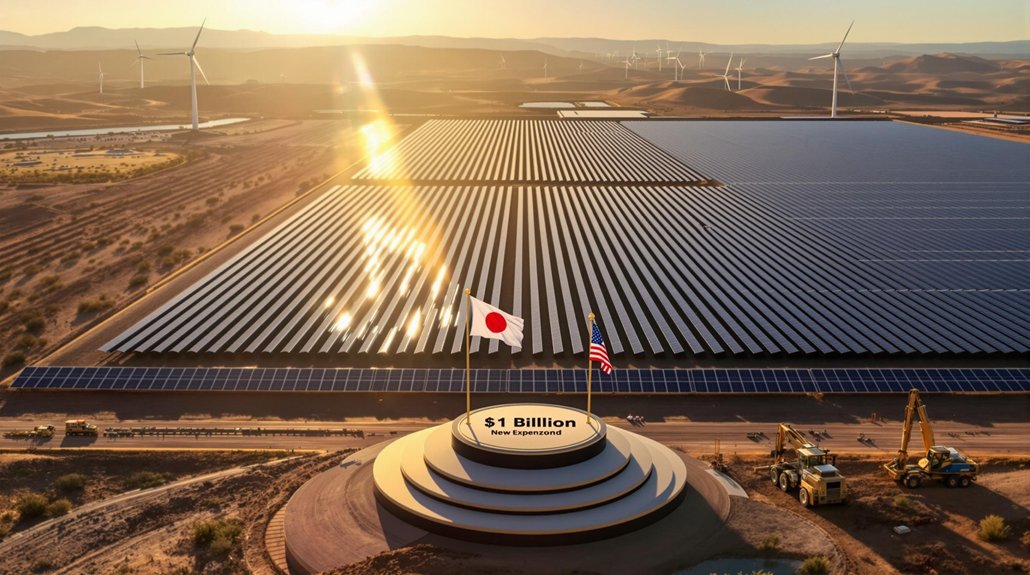While Louisiana ranks among the nation’s worst states for energy efficiency, officials have somehow managed to create an $80 million energy fund with practically zero oversight.
It’s a remarkable feat of governmental ingenuity. Create a massive pool of money, then make sure nobody’s watching how it gets spent. Genius!
Only in Louisiana could creating a black hole for $80 million be considered public service innovation.
This so-called “slush fund” operates with minimal regulatory guardrails, putting elected Public Service Commissioners in charge of where those millions flow.
No formal auditing process. Limited transparency. What could possibly go wrong?
The program’s stated goals sound impressive on paper. Enhance energy resilience. Support vulnerable communities. Deploy microgrids. Create clean energy jobs.
All noble pursuits in a state plagued by power outages and climate disasters. Low-income areas especially need the help, struggling with unreliable power and high energy costs.
But here’s the twist – with almost no independent review or public input, these millions can fundamentally go wherever commissioners decide.
The absence of oversight mechanisms raises obvious questions about potential conflicts of interest. Who’s making sure disadvantaged communities actually benefit? Nobody, apparently.
The fund exists within a precarious political environment. Federal budget shifts have already threatened similar renewable energy initiatives nationwide.
White House proposals have targeted comparable programs for reduction or elimination. Similar to Maryland’s Piedmont Reliability Project where a judge allowed PSEG access to private land despite landowner objections, this demonstrates how public utility interests can sometimes override individual rights when framed as serving the greater good.
Clean energy advocates and watchdogs have flagged the potential for misappropriation. It’s not exactly a model of good governance.
The program does align with other initiatives like Louisiana’s HERO and federal USDA efforts.
But without accountability, even the most well-intentioned energy program risks becoming a piggy bank for pet projects.
Organizations like Louisiana Clean Fuels have been working for 25 years to advance energy security through diversifying transportation options, showing the critical need for properly managed energy programs.
For a state desperately needing energy improvements, Louisiana’s created something remarkable – an $80 million question mark.
All that money. All that potential. And almost nobody watching where it goes.
Proper tax incentives could transform Louisiana’s energy landscape, but only if applied with transparency and accountability.
References
- https://www.renewableenergyworld.com/news/federal-judge-grants-piedmont-power-line-company-access-to-land-for-surveys/
- https://www.dnr.louisiana.gov/page/oe-faqs
- https://louisianacleanfuels.org/news.php?printit=1&id=127
- https://www.rd.usda.gov/programs-services/energy-programs/rural-energy-america-program-renewable-energy-systems-energy-efficiency-improvement-guaranteed-loans/la








